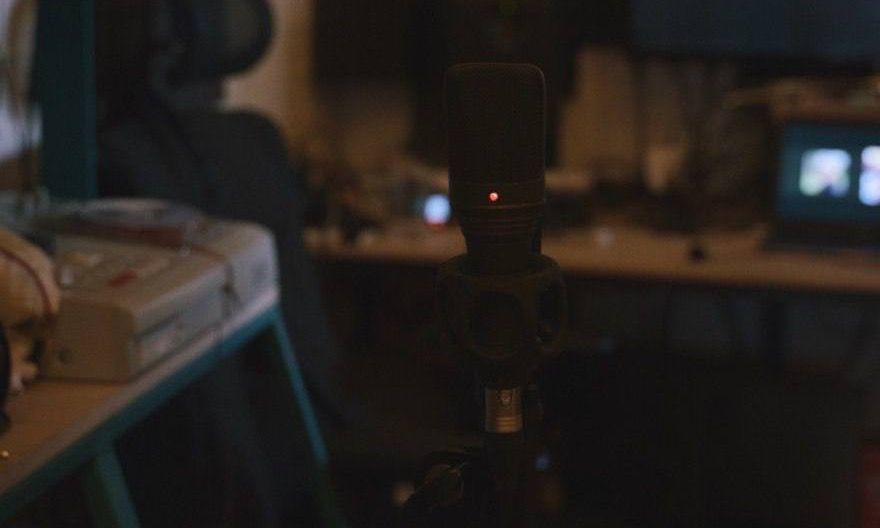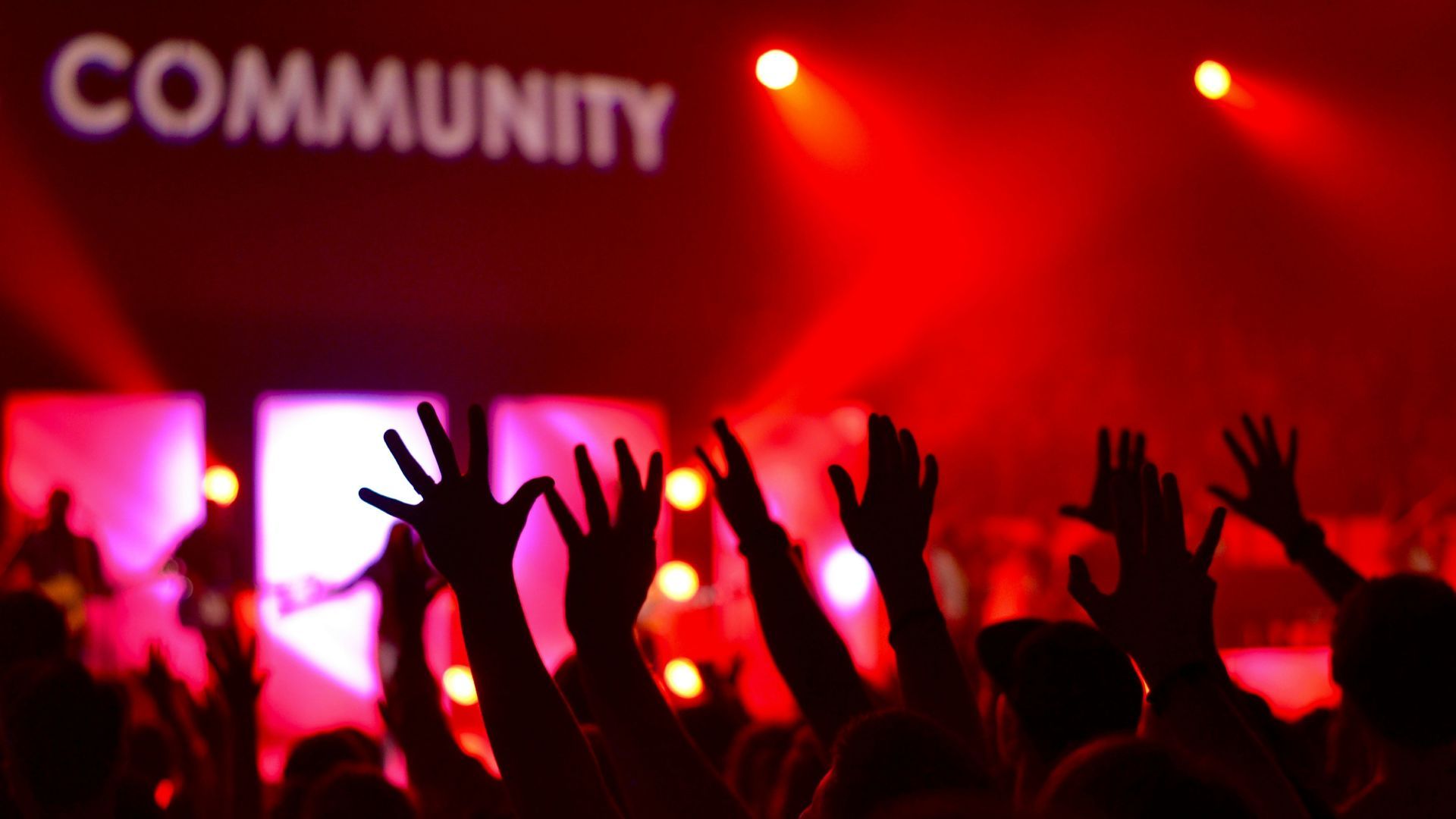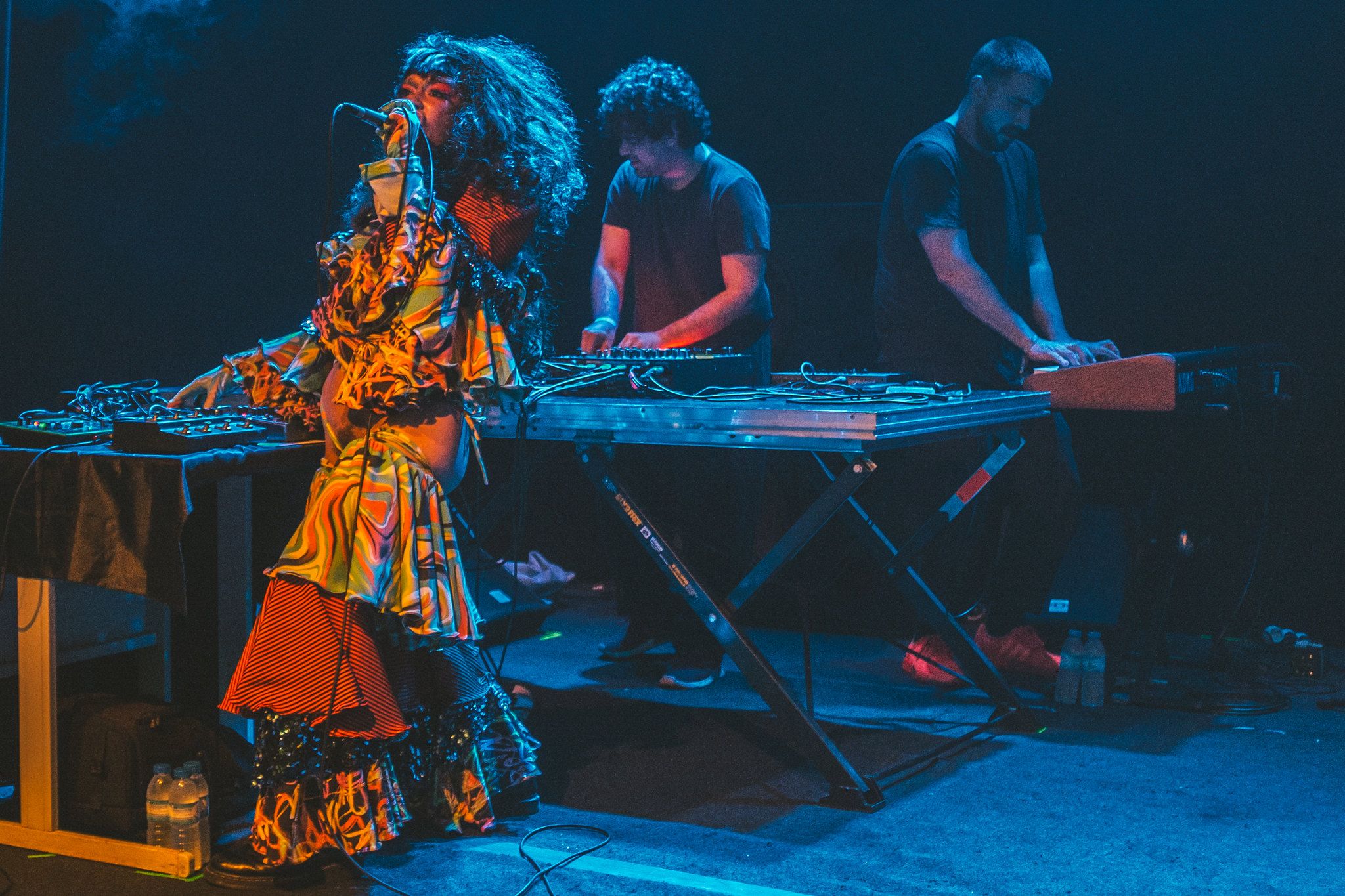How to build a sustainable community media organization?
Thinking about organisational structures in online radio stations with Dublin Digital Radio
Author: Pavel Kirpikau
Photos by: Dublin Digital Radio
In the ever-changing media landscape, community radio stations face challenges in maintaining their independence, relevance, and sustainability. Dublin Digital Radio (DDR), founded in 2016, offers valuable insights into how a grassroots media organization can develop a robust structure that empowers its community while ensuring long-term viability.

This article explores DDR's journey from its informal beginnings to its current status as a member-driven, co-operatively run community radio station. We'll uncover key lessons for other community media projects seeking to build sustainable organizational models through their experiences.
This article is a summary of the workshop with Seán Finnan, co-founder of Dublin Digital Radio and a researcher in TU Dublin studying DIY internet radio stations.
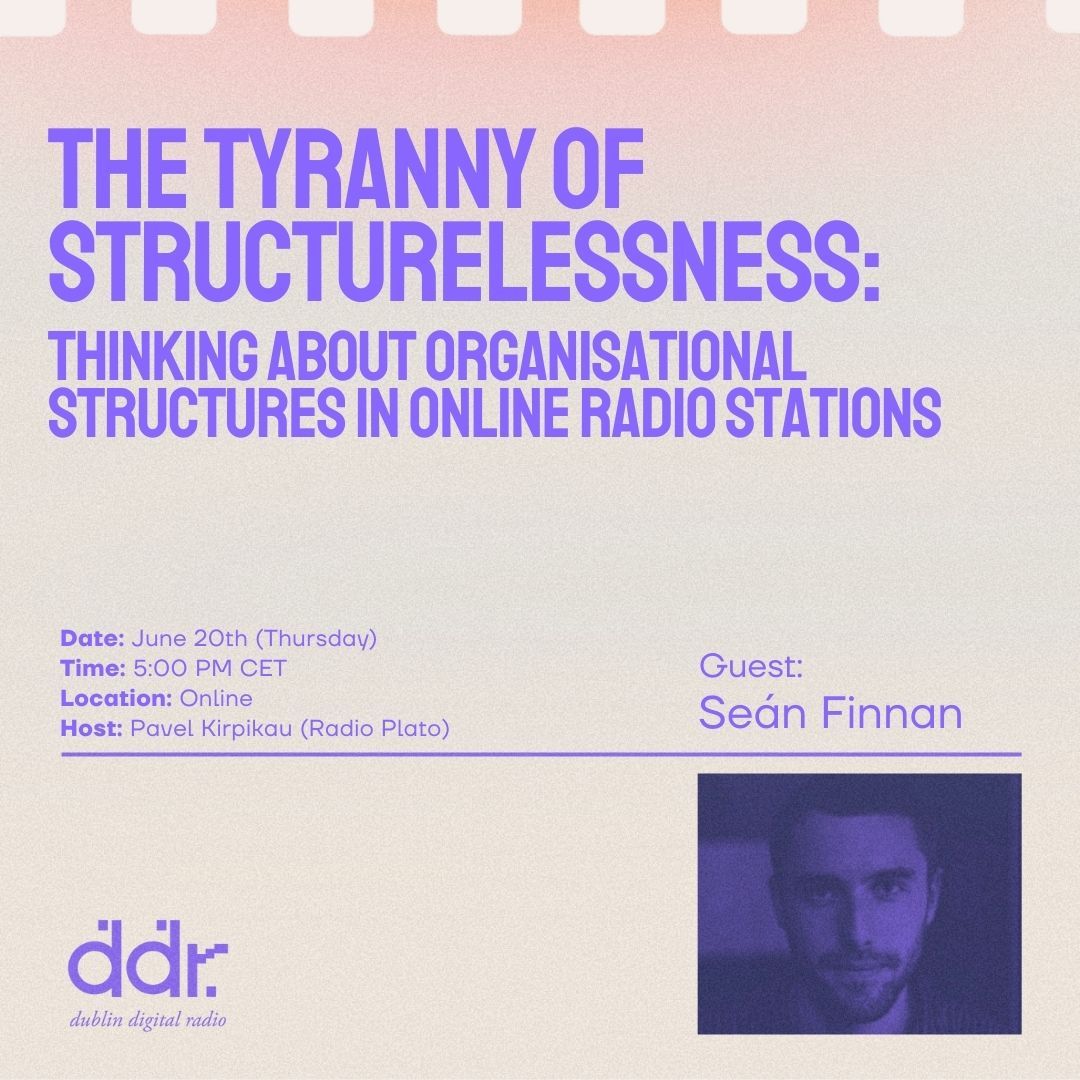
The origins of DDR
Dublin Digital Radio started in 2016 out of a pressing need to preserve alternative music and cultural spaces in Dublin. As the city faced the closure of independent venues and the shrinking of alternative radio programming on national airwaves, a group of passionate individuals came together to create a platform that would give voice to the city's vibrant underground music scene and diverse cultural conversations.
Initially operating on a minimal budget with donated equipment and a volunteer workforce, DDR faced the challenge of creating a cohesive organization from the ground up. The founders, drawing from their experiences with other alternative media projects, recognized early on the importance of addressing organizational structures and decision-making processes to ensure the station's longevity.
Early organizational structure
In its early days, DDR operated with an informal structure centered around monthly meetings open to all volunteers and radio show hosts. These gatherings served as the primary decision-making forum, covering topics from programming and events to funding and technical issues.
As the station grew, informal teams naturally developed around key areas such as programming, events, design, web management, and finance. However, this organic approach, while fostering creativity and engagement, also led to challenges in accountability and workload distribution.
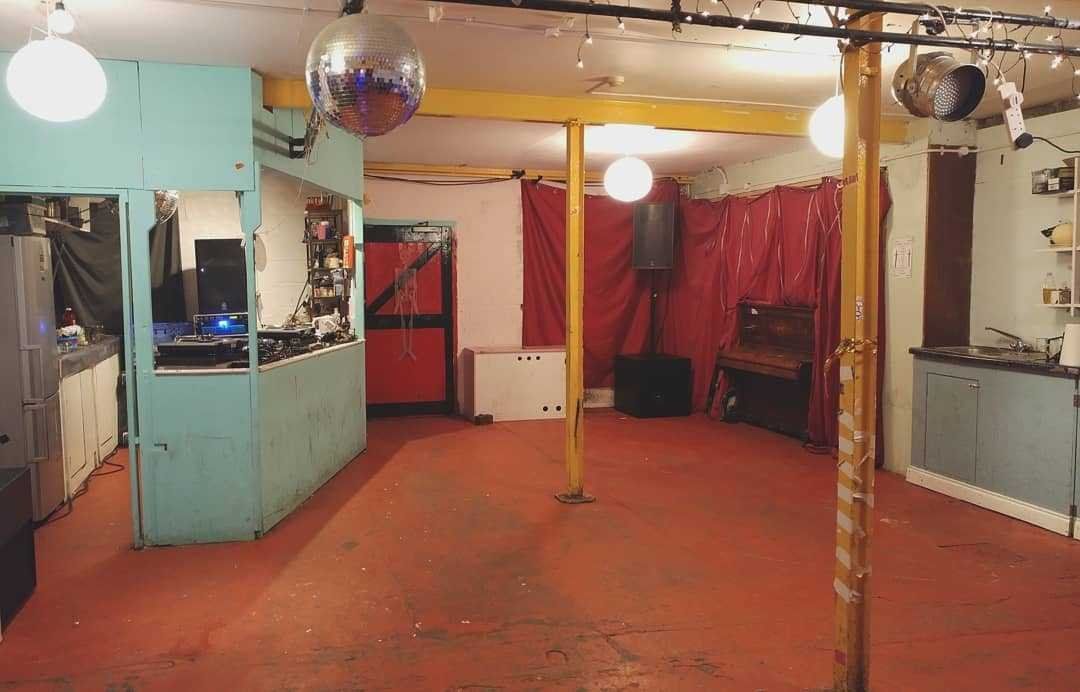
The original studio space for DDR was located in Jigsaw, an independent cultural and social center in Dublin. Jigsaw played a vital role in the early development of the station, serving as a hub where the DDR community could gather, collaborate, and host events. At a time when Dublin was facing the closure of many independent venues and the shrinking of alternative radio programming, Jigsaw provided a crucial space for the city's vibrant underground music scene and diverse cultural conversations to thrive.
The presence of DDR within Jigsaw allowed the station to tap into the energy and networks of the broader alternative cultural landscape in Dublin. The shared space facilitated cross-pollination of ideas, events, and community connections that were essential in the station's formative years. Changing studio fromJigsaw to The Complex, prompted DDR to reevaluate their organizational structure to ensure the long-term viability of the station in the face of an increasingly challenging environment for independent cultural spaces.
The need for formalization
By 2019, several factors pushed DDR towards formalizing its structure:
- The impending closure of their original studio space in Jigsaw
- The need to raise substantial funds for a new studio location
- Increased financial responsibilities as the station grew
- A desire to prevent volunteer burnout from the informal, ad-hoc structure
- The importance of transparent decision-making processes to maintain trust and engagement within the community
Sean drew inspiration from the essay "The Tyranny of Structurelessness" by feminist writer and activist Jo Freeman in considering this transition. As Sean explained, Freeman's work provided a useful framework for thinking about how to organize community spaces:
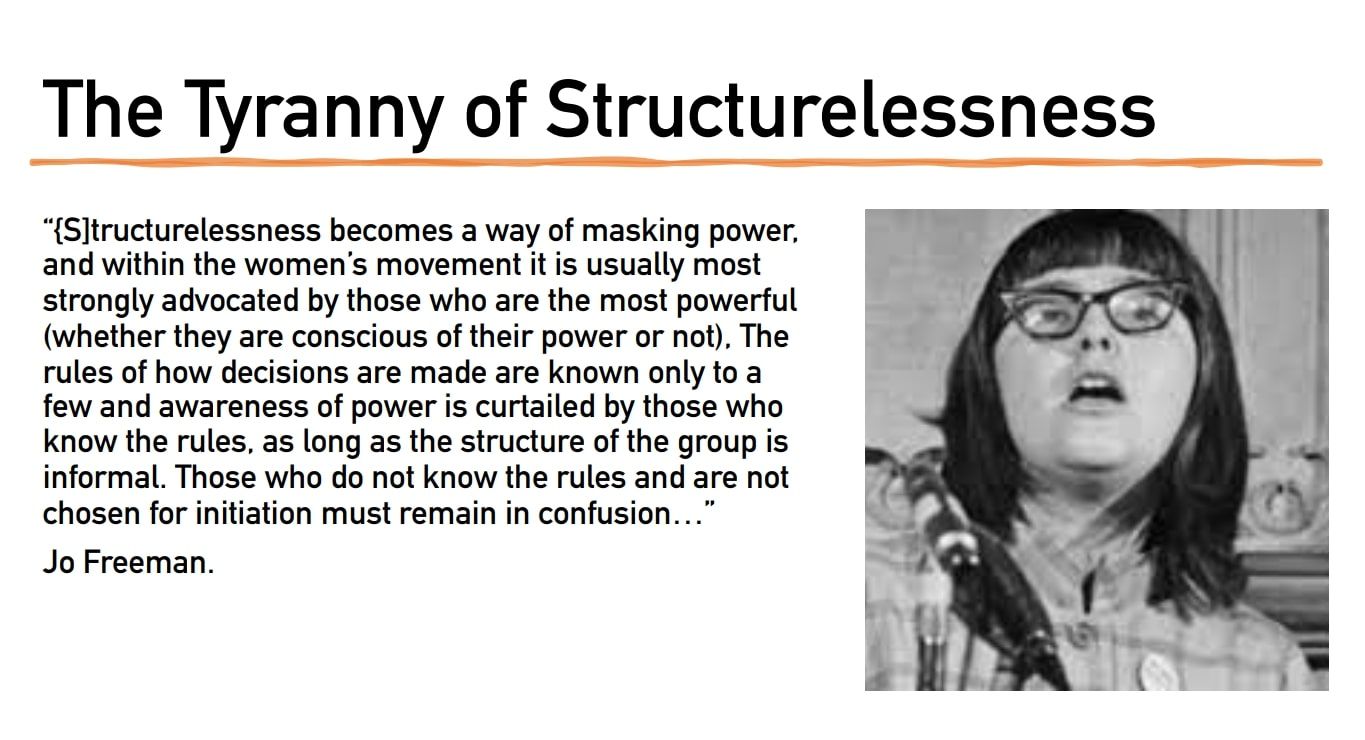
To address these challenges, DDR organized a Strategy day with an external facilitator. This event helped the organization determine its core values, principles, and objectives. They also sought advice from other cooperatives in Dublin and sent volunteers to attend courses on best practices in cooperative management.
The Strategy day provided an opportunity for DDR to critically examine their existing structure and map out an ideal organizational model that would align with their goals. This process involved reflecting on the station's origins, the evolving needs of the community, and the lessons learned from their informal beginnings.
By taking the time to formalize their structure, DDR recognized the importance of balancing their grassroots spirit with the need for clear procedures, accountability, and long-term sustainability. The Strategy day and subsequent consultations with other cooperative organizations helped the station develop a framework that could support their growth and resilience in the face of an increasingly challenging environment for independent cultural spaces in Dublin.
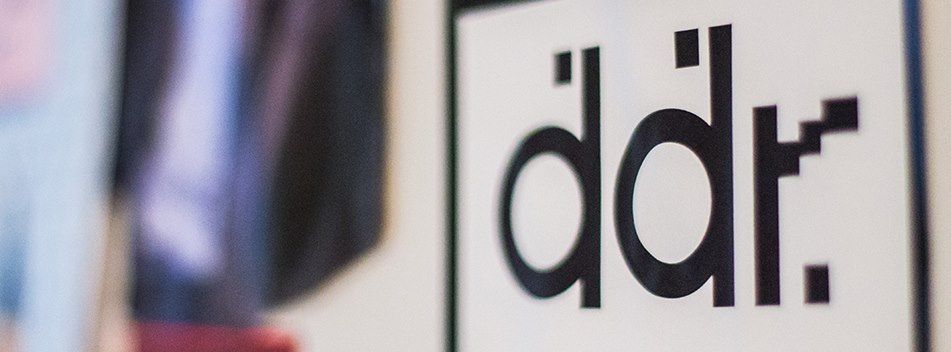
Here is a list of values that emerged during Strategy Day:
1. ddr. seeks to provide a platform and advocate for music, artists and conversations that are not given voice in the established media.
2. ddr. champions Irish-based artists, DJs and music makers. We want to expose you to the quality of those working on this island and the sound of Ireland’s underground.
3. ddr. is an alternative radio space for music lovers. We favour the live and interactive.
4. ddr. believes in an open and free internet & rejects the logic of surveillance capitalism.
5. ddr. is member owned and controlled, not run for profit. We are independent and work outside of commercial, institutional and political influences; this allows us to be uncompromising in the ideas and music we put on air.
6. ddr. seeks to operate transparently, encouraging the community to understand the practices and structures ofthe station, and discouraging hierarchical power structures.
7. ddr. is based in Dublin but not limited by geography. We want to participate in and foster connections with organisations and platforms both in Ireland and internationally.
8. ddr. wants to build an open, inclusive and diverse community where differing points of view and opinions arerespected. We do not tolerate sexism, homophobia, transphobia, racism, classism or other forms of discrimination.
The current organizational model
DDR's evolved structure now includes:
- A broad membership base comprising radio makers, subscribers, volunteers, and listeners.
- Monthly general meetings open to all members.
- An Annual General Meeting (AGM) where major decisions are made and the Steering Committee is elected.
- A Steering Committee of 8-10 people serving three-year terms, overseeing legal functions and daily operations.
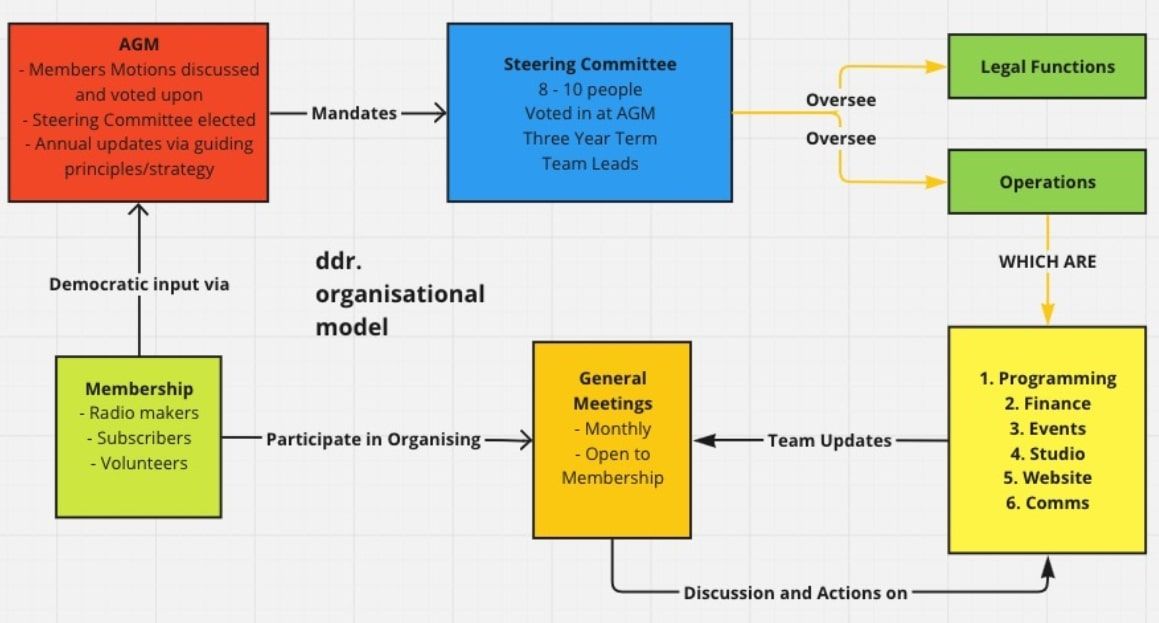
This model aims to balance the need for clear leadership and accountability with the desire to maintain a participatory, community-driven ethos.
The formalized structure has brought several benefits:
- Increased transparency in decision-making processes.
- Greater opportunities for community members to get involved in station governance.
- A mechanism for regular leadership renewal, keeping the station dynamic and responsive.
- Clearer delegation of responsibilities, helping to prevent burnout among core volunteers.
- A framework that allows the station to evolve beyond its founders' original vision.
However, the model is not without its challenges. Here are some of the issues DDR faced / continue to face, that Sean mentioned:
- Occasional uncertainty about the exact mandate and responsibilities of the Steering Committee.
- Ensuring consistent commitment from those elected to leadership positions.
- Managing the transition from a network built on personal friendships to a more institutional structure.
- Uneven distribution of workload among different teams.
- Maintaining effective knowledge transfer as leadership changes
Lessons learned and future outlook
DDR's experience offers valuable lessons for other community radio stations:
- The importance of balancing informal energy with formal structures
- The need for clear, written procedures and knowledge-sharing mechanisms
- The value of diverse perspectives in leadership, including age and experience
- The potential of a membership model to create a sense of shared ownership and responsibility
Looking ahead, DDR is optimistic about its future. The organizational model has proven resilient, helping the station overcome challenges such as studio moves, the COVID-19 pandemic, and personnel changes. As they prepare to move into a new, more visible studio space, DDR hopes to grow its membership and further establish itself as a long-term cultural institution in Dublin.
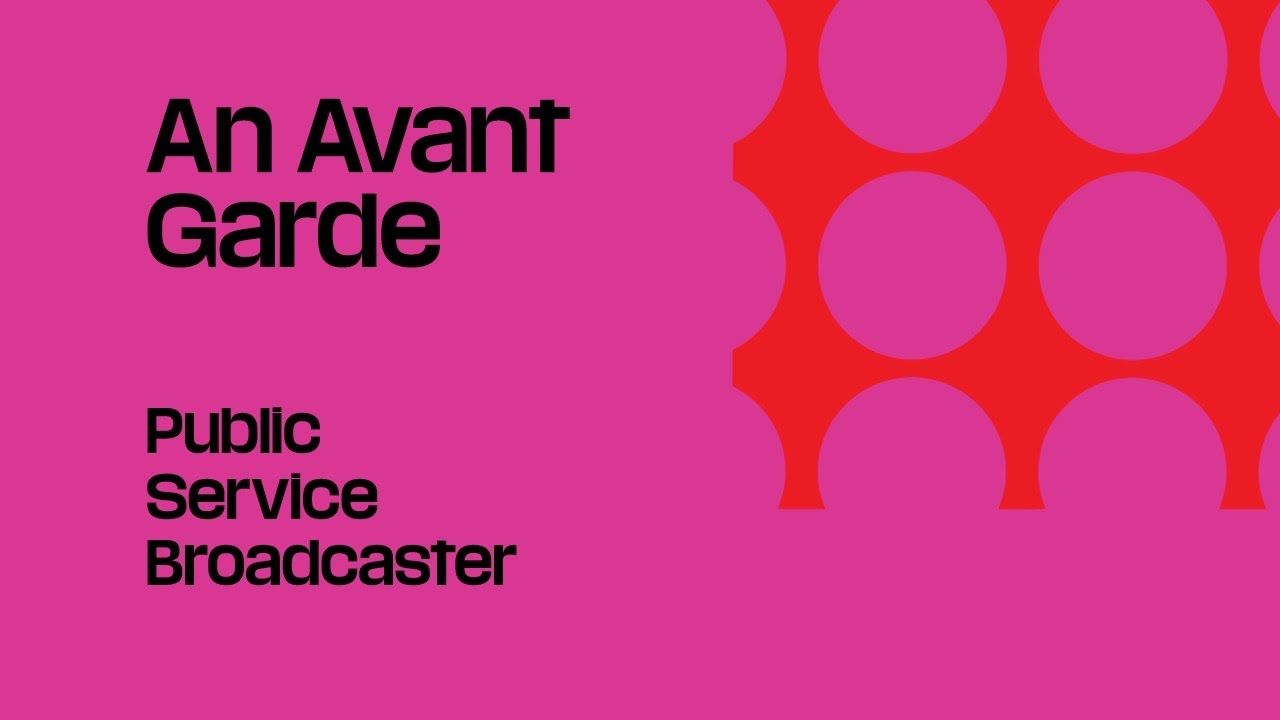
Dublin Digital Radio's journey demonstrates that with thoughtful organization and a commitment to community involvement, it's possible to create a sustainable model for independent media. By formalizing its structure while maintaining its grassroots spirit, DDR has created a framework that could serve as an inspiration for other community radio stations and cultural organizations worldwide. There is a helpful resource that could assist you in understanding and creating a model relevant to your community organization.
As cities continue to lose independent cultural spaces, models like DDR's offer hope for creating resilient, community-driven alternatives that can withstand the pressures of gentrification and commercialization. Through ongoing reflection, adaptation, and a dedication to their core values, community radio stations can continue to play a vital role in fostering diverse voices and vibrant local cultures.
